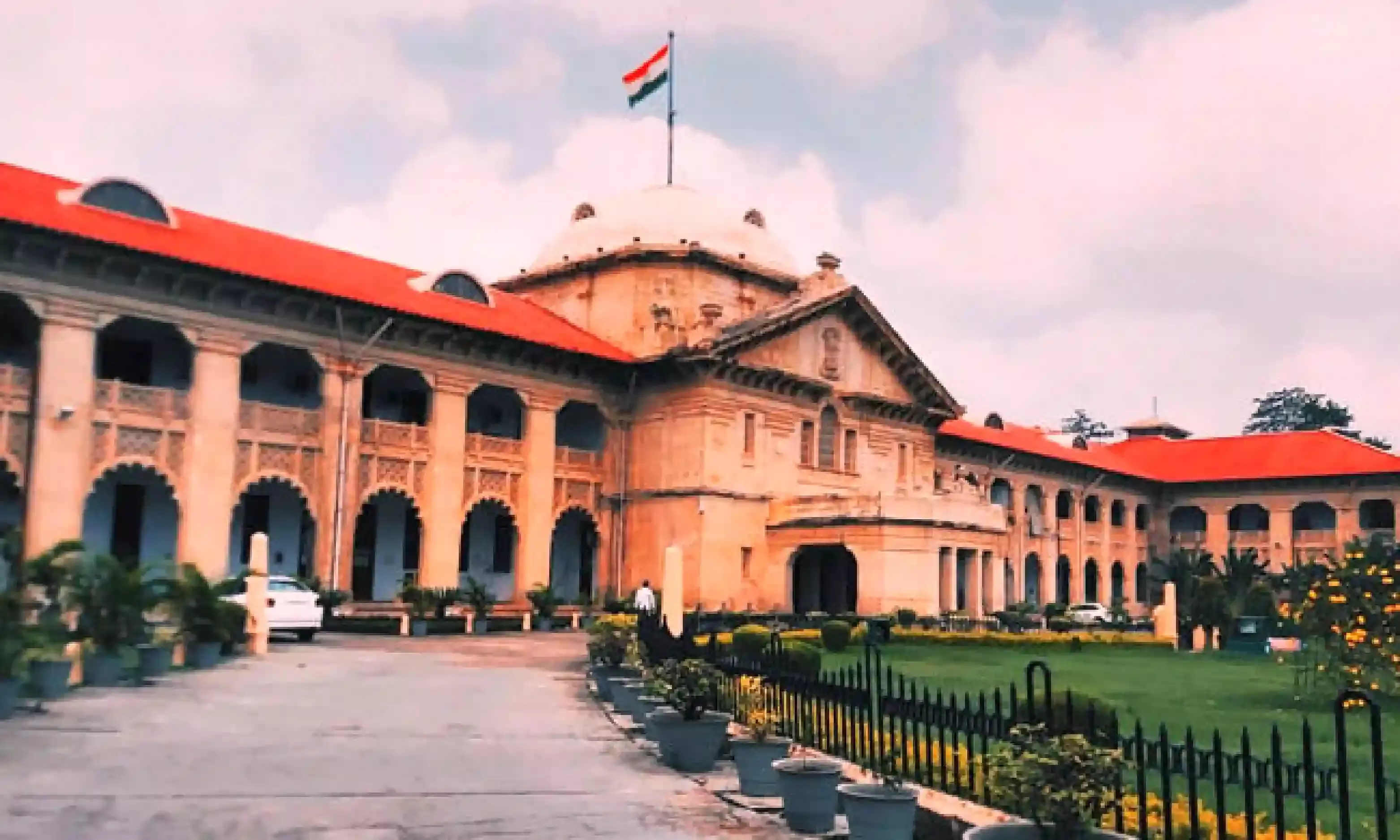“Wills in U.P. Are Not Required To Be Registered”: Allahabad HC Declares Section 169 (3) UP Zamindari Abolition & Land Reforms Act Void
The Allahabad High Court, while declaring Section 169 (3) of the UP Zamindari Abolition & Land Reforms Act void, held that wills in the State of Uttar Pradesh are not required to be registered.
The Court clarified that non-registration of a will would not be void whether before or after the U.P. Amendment Act, 2004. The Court was considering whether the provision under Section 169(3) of the Uttar Pradesh Zamindari Abolition & Land Reforms Act, 1950 (the Act) for compulsory registration of wills introduced by the U.P. Amendment Act No. 27 of 2004 was valid.
A Division Bench of Justice Siddhartha Varma and Justice Ajit Kumar observed, “We hold sub-Section (3) of Section 169 of Act of 1950, in so far as it requires a Will to be compulsorily registered, to be repugnant to Section 17 read with Section 40 of the Indian Registration Act, 1908 and hence we hold the amendment of Section 169(3) of the U.P.Z.A.L.R. Act to that extent void. The said part of the provision under Section 169(3) of the Act of 1950 is, accordingly, hereby struck down…sub-Section (3) of Section 169 having been declared as void to the extent it provides for registration of Will, the Wills in State of Uttar Pradesh are not required to be registered and a Will for its non registration will not be void whether before or after the U.P. Amendment Act, 2004.”
Advocate Anand Kumar Singh represented the petitioner, while Advocate Rituvendra Singh Nagvanshi appeared for the respondents.
The Court also had to determine whether State legislature without President's assent could have made registration of will compulsory by incorporating a provision to this effect in law, as will, intestacy and succession under the Constitution fell as subject matter in the Concurrent List and Central Legislation was already there touching the subject of registration of will under the Registration Act, 1908.
“Subject matter in issue being of Concurrent List, it was open for the State to get the pre-existing Central Act amended before its application to the State and that too by getting such an act the assent of the President…But now by the Amending Act of 27 of 2004, the State of Uttar Pradesh was seeking an amendment in the U.P.Z.A.L.R. Act, which in effect was amending the Registration Act, 1908. Such an Act by which the amendment was being sought definitely required a presidential assent,” the Court stated.
The Court explained the problem with the registration of wills in certain cases. A Will or wish that operated last in the mind of the testator was “definitely to prevail” and that is why the rule is that the last Will prevails. So in the event non-registration of will was rendered void, then a person executing a 'will' would be denied of the right to have his/her "wish" or desire changed.
“The object with which 2004 Amendment had been introduced was to avoid proliferation of forged wills. Law reforms are always aimed at ensuring access to justice and promoting economic stability and enhancing rule of law,” the Court noted.
Consequently, the Court held that the compulsory registration of wills under Section 169(3) of the Act was repugnant to the Indian Registration Act, 1908.
Accordingly, the High Court allowed the appeal in part.
Cause Title: Pramila Tiwari v. Anil Kumar Mishra & Ors. (Neutral Citation: 2024:AHC:85067-DB)
Appearance:
Petitioner: Advocates Anand Kumar Singh, Dinesh Kumar Singh, Rahul Sahai and Vinod Kr Pandey
Respondents: Advocates Rituvendra Singh Nagvanshi and Uday Bhan Mishra
Click here to read/download Order



